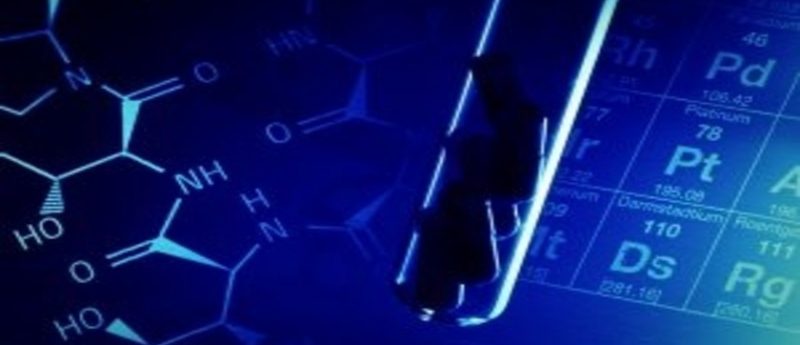Notch inhibitors could help overcome therapy resistance in ER-positive breast cancer

Notch-inhibiting gamma secretase inhibitors (GSI), a new class of drug that could represent a novel therapeutic approach for breast cancer, have recently been reported to produce promising results in women with estrogen receptor (ER)-positive breast cancer. Kathy Albain of Loyola University (IL, USA) presented findings detailing the efficacy of these new agents at the 2014 San Antonio Breast Cancer Symposium (9–13 December, TX, USA).
“New treatments are desperately needed for women with ER-positive breast cancer who develop resistance to standard therapies,” explained Albain (Loyola University Chicago Stritch School of Medicine). “Our research suggests a potential role this new experimental drug class may have in optimizing existing endocrine therapies, such a tamoxifen and aromatase inhibitors, and in overcoming resistance to cancer drugs.”
The Notch protein has been identified on the surface of cancer stem cells and is believed to promote tumor growth and survival by activating the expression of various genes that enable tumor cell persistence and spread. These Notch-activated genes render the stem cells resistant to common cancer drugs; however, a pilot study conducted by the Loyola researchers determined that GSI appears to deactivate these key survival genes.
With an aim of identifying critical genes involved in stem cell survival, their study involved 20 patients with early-stage ER-positive breast cancer. These individuals each received either tamoxifen or letrozole for 14 days prior to surgery, after which they underwent a biopsy. Treatment then continued with the same standard drug and the GSI termed MK-0752. Definitive breast cancer surgery was carried out on day 25 of the study and a tissue sample from this was provided for the research.
Analysis revealed 18 genes under Notch regulation that were significantly reversed by the addition of the GSI, despite the short exposure. One particular gene – DAXX – that is critical for stem cell survival was inhibited by the GSI. The study reports that side effects from the therapy were minimal, with symptoms such as puffy eyes, coughing and facial acne manifesting in some of the individuals involved.
Following on from these promising results, the researchers are now devising a larger Phase II study to evaluate the efficacy of the GSI/endocrine therapy combination versus endocrine therapy alone. The investigation will also appraise the 18-gene signature for potential in predicting response to therapy.
“Identifying these genes may help us predict which patients will respond well to the GSI anti-Notch therapy,” continued Albain. “This is an exciting new strategy to overcome resistance to a very common class of drugs (tamoxifen, letrozole), so it is our hope that in the future a vast number of patients with ER-positive breast cancer could benefit.”
Source: Loyola University press release





